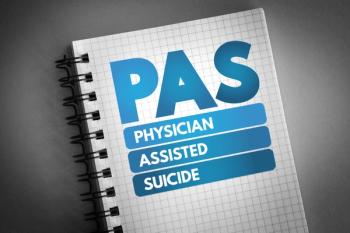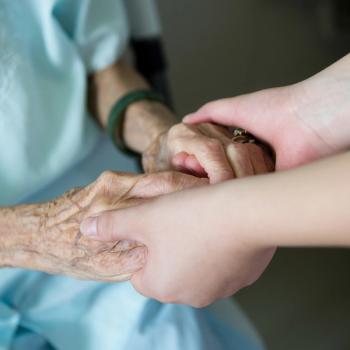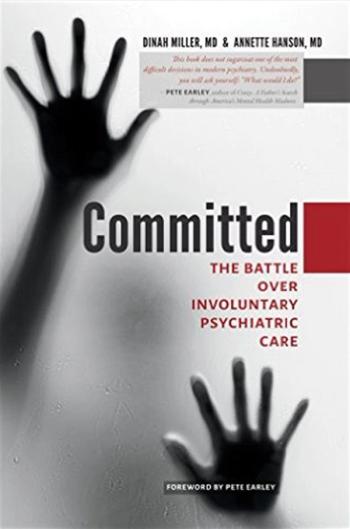
The debate on physician-assisted suicide challenges medical ethics, emphasizing the role of doctors in providing care, not death, while navigating societal pressures.

The debate on physician-assisted suicide challenges medical ethics, emphasizing the role of doctors in providing care, not death, while navigating societal pressures.

Here’s why the euthanasia of animals as an argument for physician-assisted suicide is invalid…

Physician-assisted suicide is now legal in 11 jurisdictions in the US. To this, several clinicians say: “We must care for the dying, not make them dead.” Learn more in our June cover story.

How a radical proposal from California and 3 cases of anorexia nervosa from Colorado exemplify the "slippery slope" of physician-assisted suicide.

Does anorexia nervosa constitute an illness worthy of physician-assisted suicide? These authors think not.

Once a medical aid in dying laws is passed, eligibility for assisted suicide inevitably expands, putting more patients at risk.

Proponents of medical aid in dying often accuse their opponents of lacking compassion. But what does that word really mean?

Should psychiatrists help patients end their own lives, even if it is technically legal?

Medical aid in dying is available for psychiatric patients in European countries and Canada. Will the United States be next?


Will a new Canadian law overturn long-held ethical norms in psychiatry?

The current Tree of Medicine is rooted in its Hippocratic soil. There are moral absolutes that our profession should stand up for, in spite of legislative or popular pressure, say the authors.

Physician-assisted suicide violates the norms of Hippocratic medical ethics. Involuntary hospitalization to prevent suicide affirms those norms, according to the authors.

A follow-up to a previous article about the ethics of euthanasia and assisted suicide.

In a week of high political stakes here in the United States, a fascinating controversy transpired in Reykjavik-with potential risks for clinicians and their patients.

More countries are “going neutral” on the issue of medical euthanasia and physician-assisted suicide.

In this podcast, Dr Mark Komrad explores the relatively new Medical Aid in Dying (MAID) law in Canada, and how it may be on the verge of opening medical euthanasia to certain qualified psychiatric patients

A clinical psychiatrist and medical ethicist reviews some of the history, the data, the emerging reality of a remarkable slippery slope, and some profound ethical concerns raised by these practices.

The APA's historic Position Statement provides guidance for psychiatrists in the face of a rapidly changing landscape of social values and expectations of medical services. Details here.

Here's a review of a book about involuntary psychiatric commitment-- a major source of controversy when the public tries to understand who psychiatrists are and what we do.

When a psychiatrist evaluates a patient, there is much to be valued in trying to adopt the patient’s internal perspective of cultural mores and world views. But what are the limits to cultural sensitivity?

This article focuses on 2 ethical issues that the new CPT coding raises to higher stakes: the increased potential for conflict of interest in billing and the erosion of confidentiality.

Published: June 15th 2021 | Updated:

Published: August 5th 2021 | Updated:

Published: July 29th 2024 | Updated:

Published: July 8th 2021 | Updated:

Published: June 6th 2024 | Updated:

Published: June 7th 2021 | Updated: